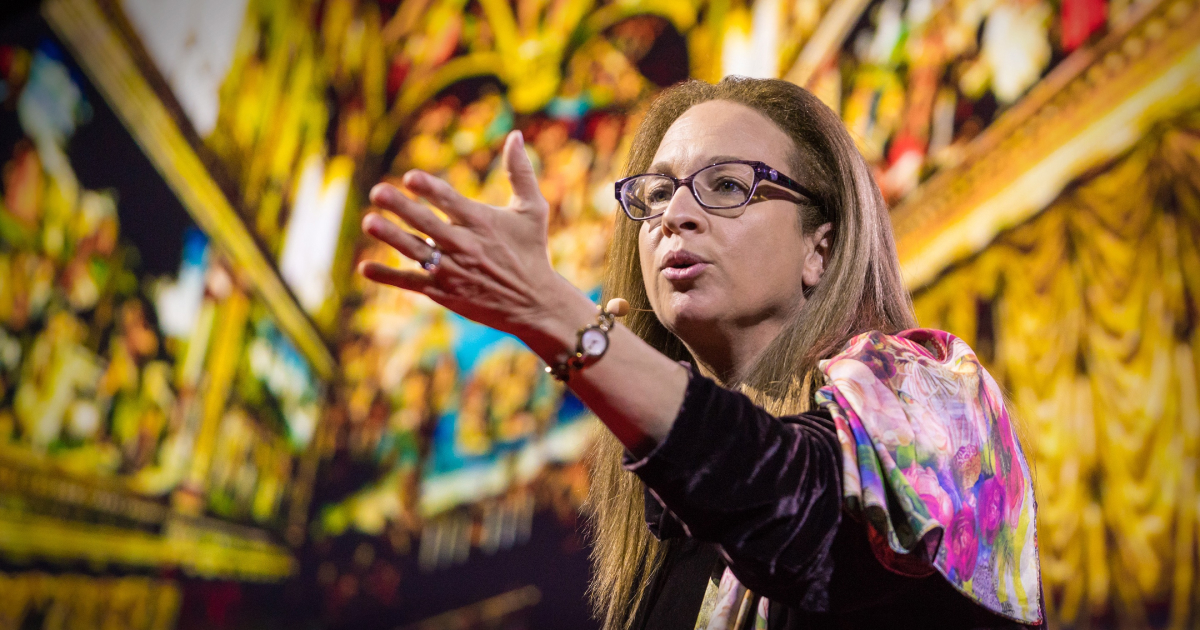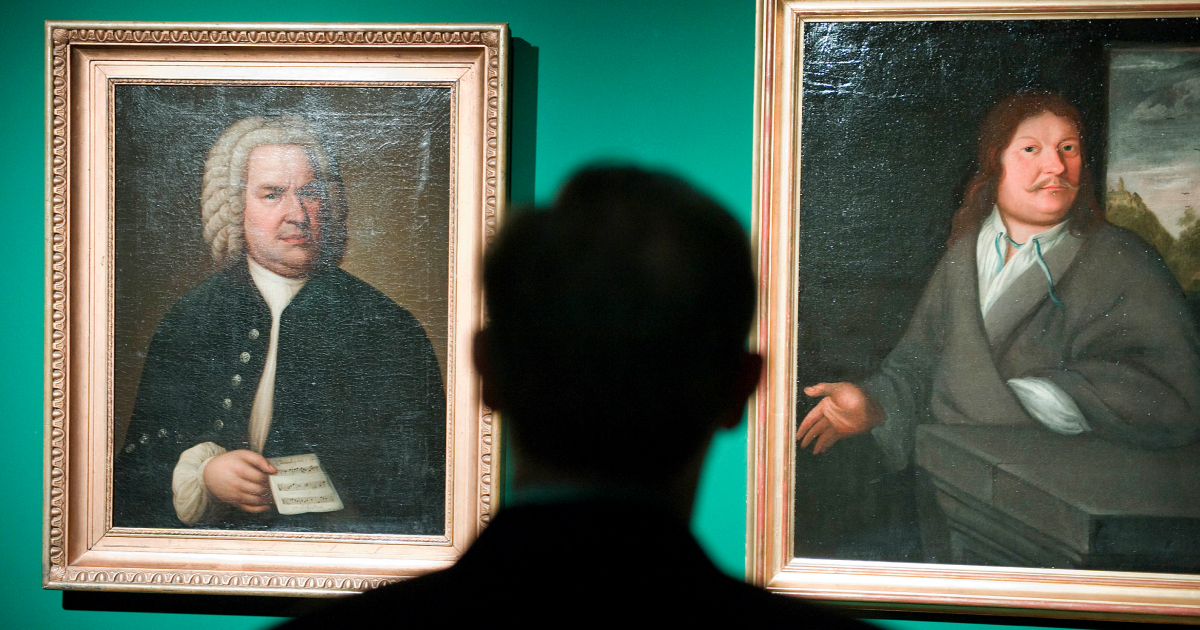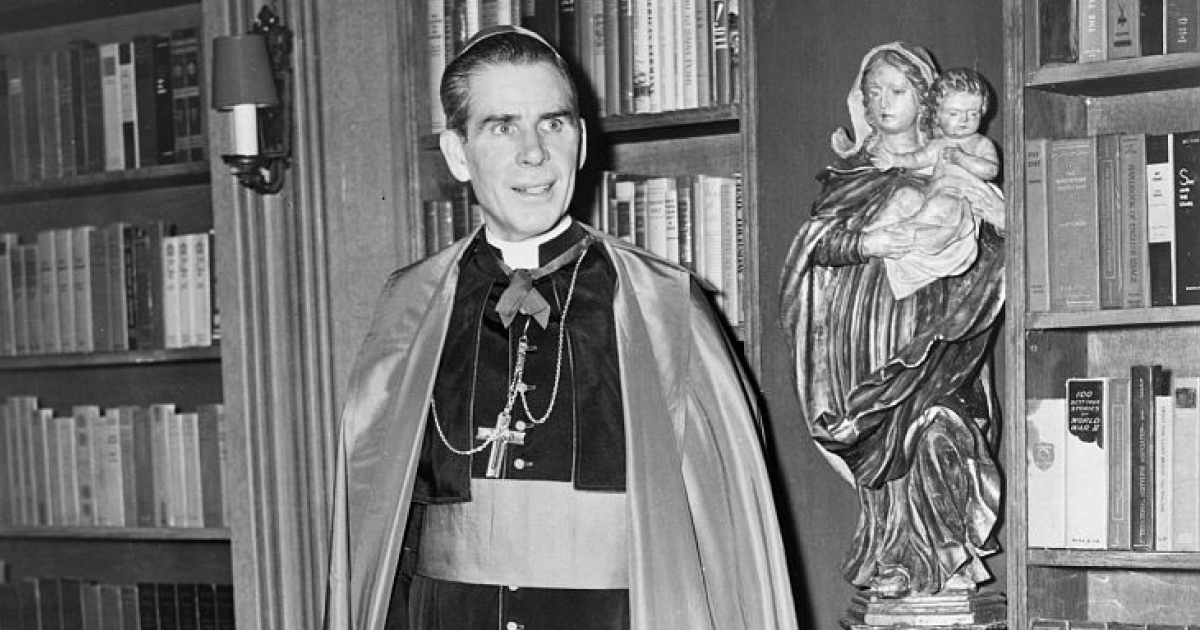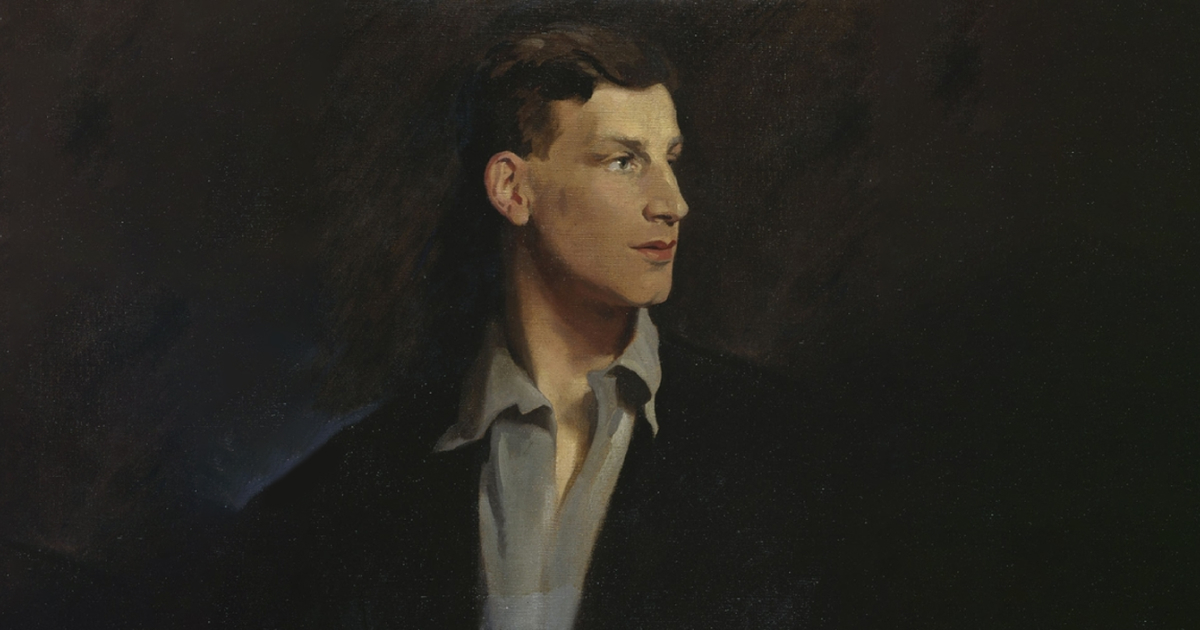Cardinal Jean-Claude Hollerich has said that he “would not define morality – especially sexual morality – as narrowly as the Church does today”.
The Jesuit cardinal, Archbishop of Luxembourg, made the remarks in an interview with the Austrian weekly Die Furche. He added, however, that “morality is essential – we cannot do without it".
Cardinal Hollerich is the relator general of the Synod on Synodality, the global process launched by Pope Francis in 2021. He said the Church must broaden its vision to allow space for all people.
In the interview, the cardinal said that many Catholics were tempted either to look back with nostalgia or to look back with fear. “Both are wrong,” he said. “We are part of a history – this we must accept and learn from. But we must also move forward.”
He described how a key image in the synod discussions had been that of a tent, which, he said, “needs to be expanded so that everyone can find space within it”.
Cardinal Hollerich also recalled how Pope Francis had insisted that lay people should participate in the synod alongside bishops, clergy and religious – the synod was originally established by Pope Paul VI as a body of bishops.
“It was a controversial decision – some bishops didn’t like it,”the cardinal said of the change to synod composition by Pope Francis. “It was still a topic at the pre-conclave. But it did a lot of good for the overall atmosphere.”
The Luxembourgish cardinal also reflected in the interview on the transition from Pope Francis to Pope Leo XIV. He said there was “continuity in substance, discontinuity in form” between the two pontificates. “Every pope has his own personality,” he said.
Shortly before his death in July, Pope Francis authorised an extension of the synodal process. From his hospital bed he approved plans for an ecclesial assembly in 2028, effectively prolonging the process by three and a half years.
Pope Leo XIV has since confirmed the assembly, though its exact scope and structure have not yet been made clear.
Cardinal Hollerich explained that an ecclesial assembly differs from a synod because canon law dictates who may take part in a synod. Assemblies, by comparison, are more flexible, he explained.
He gave the example of a Latin American assembly in which the representation comprised 20 per cent bishops, 20 per cent priests and deacons, 20 per cent religious, and 40 per cent laypeople. “That’s a good mix,” he said.
Cardinal Jean-Claude Hollerich, SJ, is Archbishop of Luxembourg and one of Europe’s most prominent progressive Church leaders. Born in 1958, he joined the Jesuits in 1981 and later served for many years in Japan as a professor before being appointed Archbishop to Luxembourg in 2011 by Pope Benedict XVI.
Created a cardinal by Pope Francis in 2019, he has become a significant figure in the global Church as relator general of the Synod on Synodality.
Photo: Having been made a new cardinal, Luxembourgish prelate Jean-Claude Hollerich meets with relatives and friends during an Ordinary Public Consistory for the creation of new cardinals in the Vatican, 5 October 2019. (Photo by TIZIANA FABI/AFP via Getty Images.)





.jpg)





.jpg)





